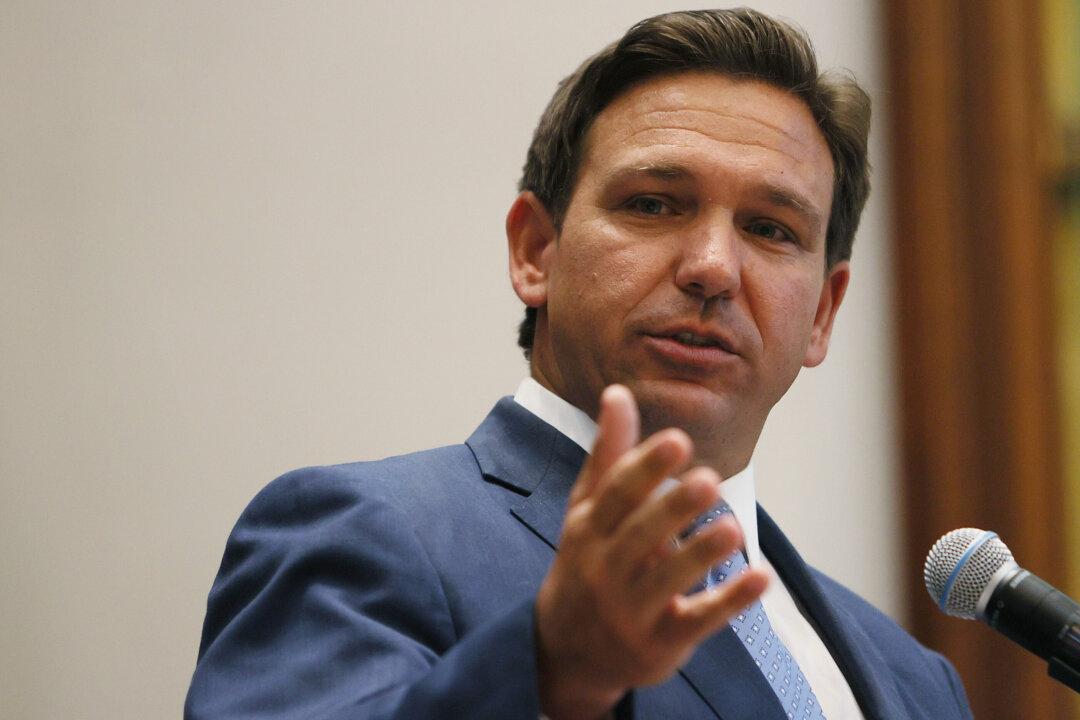Florida Gov. Ron DeSantis called on the Cuban military to join demonstrators and overthrow the country’s communist regime, saying the country can be renewed with new leadership.
DeSantis was asked Thursday about the possibility of the United States intervening following historic protests in which thousands of people took to the streets of Havana, the capital, and other cities. Protesters appeared to be demonstrating against decades of authoritarian rule, while calling for Communist Party leader Miguel Canel-Diaz’s ouster.





